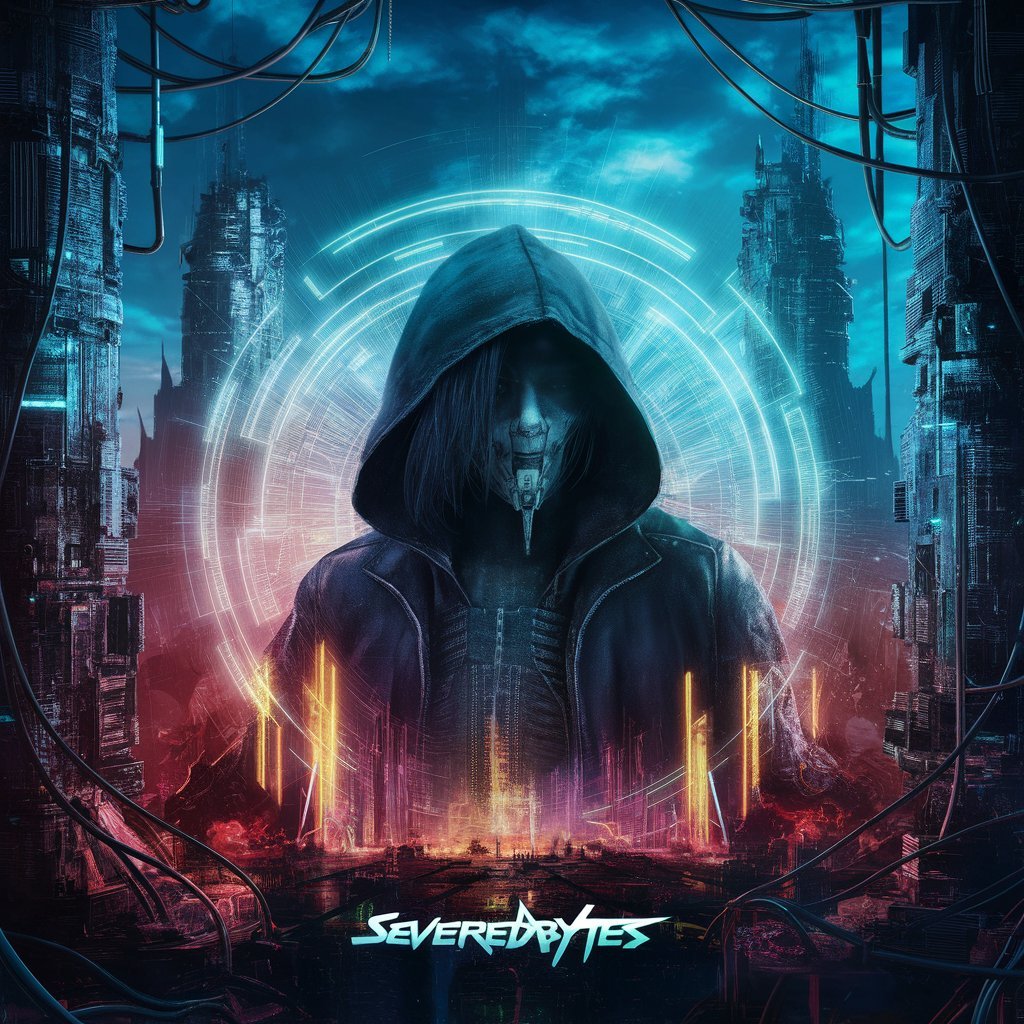Welcome to Online SeveredBytes, your gateway to the cutting edge of video game archiving and digital archaeology. In an era where online-only titles and live-service games face the constant threat of disappearing forever, our mission is to document, preserve, and celebrate the ephemeral world of connected gaming experiences. From defunct MMOs to delisted digital storefront exclusives, we employ innovative techniques to ensure these virtual worlds remain accessible long after their servers go dark. This article explores our latest initiatives, technical breakthroughs, and how you can contribute to saving gaming’s most vulnerable digital artifacts before they’re lost to the void of discontinued services and corporate restructuring.
1. Resurrecting Dead Servers: The Fight to Save Online Games
The most urgent challenge in modern game preservation is combating the extinction of online-only titles—when publishers pull the plug, entire worlds vanish overnight. Online SeveredBytes has made significant strides in reverse-engineering server architectures to resurrect these digital ghost towns. Our current flagship project involves reconstructing the original Marvel Heroes (2017) MMO using leaked developer tools and community-saved asset bundles, creating a private server that faithfully replicates 90% of the original experience.
Simultaneously, we’re archiving the complete traffic patterns of Google Stadia’s exclusive titles before its shutdown, capturing the unique streaming-based gameplay that may never exist in this form again. These efforts go beyond mere nostalgia; they preserve important evolutionary steps in game design, from early attempts at cloud gaming to pioneering social features that shaped today’s online experiences. Each resurrected project includes exhaustive documentation of its network protocols, matchmaking systems, and content delivery methods—vital reference material for future historians studying this networked era of gaming.
2. The Digital Graveyard: Cataloging Lost & Delisted Titles
Our newly launched Digital Graveyard database represents the most comprehensive attempt to document every commercially released game that has become legally inaccessible. This living archive tracks over 3,700 delisted titles across platforms like Steam, PlayStation Network, and the App Store, classifying them by preservation status and disappearance circumstances.
Each entry contains metadata about the game’s availability window, known DRM schemes, and—when possible—archival footage of full playthroughs captured before removal. Particularly noteworthy is our recent acquisition of complete builds for 17 Xbox Live Arcade exclusives from the Xbox 360’s early years, many of which contained experimental gameplay concepts abandoned in later generations. The database also highlights preservation “white whales”—games like PT (Playable Teaser) or Scott Pilgrim vs. The World: The Game before its surprise re-release—that serve as cautionary tales about the fragility of digital distribution. Researchers can filter by factors like publisher bankruptcy, license expiration, or controversial removal to study patterns in gaming’s disappearing acts.
3. Web3 & Blockchain: New Threats and Opportunities

The rise of blockchain-based games and NFT integrations presents both unprecedented preservation challenges and innovative solutions. Online SeveredBytes has established a dedicated task force studying play-to-earn economies and decentralized gaming assets, documenting how these systems function before they potentially collapse. Our team has successfully archived complete snapshots of several NFT game worlds, including the now-defunct EtherOnline, preserving not just client-side data but the full smart contract interactions that defined its economy.
Conversely, we’re exploring how blockchain technology could revolutionize preservation itself—experimenting with decentralized storage solutions for game assets and timestamped version control systems that could prevent revisionist history in live-service titles. This section also examines the legal gray areas surrounding preservation of blockchain games, where the line between archiving cultural artifacts and replicating financial instruments becomes dangerously blurred. Our findings are shaping industry-wide discussions about ethical standards for preserving this controversial but historically significant gaming frontier.
4. Tools of the Trade: Our Custom Preservation Toolkit
To combat the unique challenges of online game preservation, Online SeveredBytes has developed and open-sourced a suite of specialized software tools. The Packet Archaeologist system captures and reconstructs network traffic even from encrypted connections, allowing us to document server behaviors before shutdown. Asset Hydra automatically identifies and mirrors distributed content delivery networks, rescuing patches and DLC from oblivion.
Most ambitiously, our World Embalmer framework creates fully containerized snapshots of live-service games—packaging not just client data but simulated server environments that can be reactivated years later. We’ve recently added machine learning capabilities that predict which online titles are most at risk based on corporate earnings reports, player population trends, and technology stack obsolescence. These tools are freely available to the preservation community, along with detailed guides for ethical use that respect active games’ terms of service while preparing for their eventual sunsetting.
5. How You Can Help: From Data Hoarding to Legal Advocacy
Preserving online games requires a global collective effort, and Online SeveredBytes offers multiple pathways for public involvement. Our Data Ranger program trains volunteers in proper archival techniques for capturing game patches, recording server shutdown events, and legally preserving streaming gameplay footage. Tech-savvy contributors can join our Reverse Engineering Task Forces, currently working to decrypt proprietary server protocols for several at-risk MMOs.
For those without technical skills, simply running our background Preservation Sentinel software helps crowdsource bandwidth for archiving massive game assets during their final online days. We also organize letter-writing campaigns urging publishers to establish official preservation protocols before shutting down services, with recent successes in getting several companies to release server code to accredited archives. Every level of participation helps build the infrastructure needed to ensure that future generations can study today’s online gaming revolution—not just read about its disappearance.
